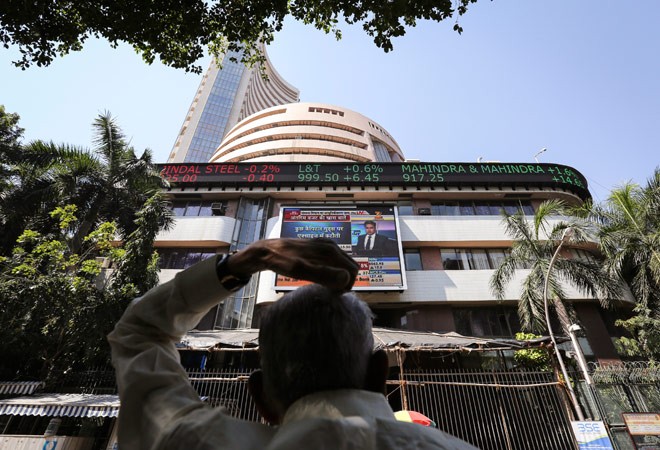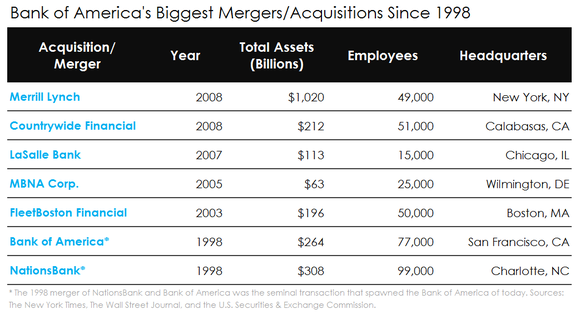Mutual Funds Profit From Merger Spree
Post on: 1 Июнь, 2015 No Comment

NEW YORK ( TheStreet ) — Corporations are going shopping. The volume of mergers and acquisitions has been increasing, with big deals making headlines, including offers for H.J. Heinz (HNZ ) and Dell (DELL — Get Report ). All the activity is welcome news for mutual funds that specialize in merger arbitrage. The funds buy stocks that are about to be acquired.
During the financial crisis, deal activity slowed, and some funds were forced to hold fixed-income while they waited for takeover activity to resume. With deals plentiful now, the funds can choose from among many stocks to buy.
In the current positive environment, merger funds are likely to return 4% to 5% this year, say fund portfolio managers. That might sound like a modest result. But merger funds can be attractive investments because they deliver steady results while being only about as volatile as intermediate-term bond funds. With the merger arbitrage funds, you can get returns in the mid-single digits — and maybe a little higher in a favorable environment, says Chris Sawyer, a research analyst for Litman Gregory.

Part of the appeal of the funds is that they can provide diversification. When bonds fall, merger funds sometimes stay in the black. If interest rates rise this year, as many economists expect, then bond returns could be meager, and the single-digit results of merger funds will look appealing.
The best merger funds are extremely steady. Consider Merger Fund (MERFX ). During the past ten years, the fund returned 4.3% annually. The only losing year came in 2008, when Merger Fund lost 2.3%. The following year, the fund bounced back, returning 8.5%. The best year of the decade was 2003 when the fund returned 11.0%. Other steady performers include Arbitrage Fund (ARBFX ). which returned 4.1% annually during the past ten years, and Gabelli ABC (GABCX ). with a return of 4.6%.
Instead of trying to hit a few home runs, merger funds aim to achieve many small scores. In a typical deal, an acquirer may offer to pay $20 for shares of a company that had been trading at $15. Anticipating that the purchase will be completed soon, investors immediately bid up the shares to $19.50. The stock does not go to the full deal price because investors worry that the acquisition could collapse at the last minute, and the shares will fall back to their earlier level.














